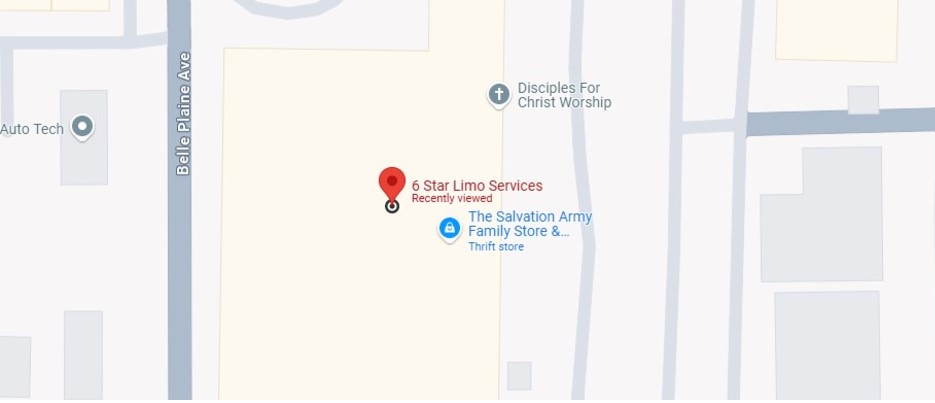07 of 11 – Your Life Teacher
S1: The world’s most effective life teacher is experience.
S2: Each of us has developed a set of values that determine how we think and feel about life, including the right and wrong behaviors.
When we see others doing things that are outside our acceptable behavior parameters, we usually react in a negative way. We act the way we do mostly because it often originates from our childhood experiences.
However, learning to accept the ‘what is wrong to us may not be wrong to others’, is an important part of personal development. We may not agree with their choices, but we respect and allow people to be themselves. They have values and ideas that may differ from yours.
This is what experience is trying to teach you.
S3: Most conflicts occur because the people around you are different. You don’t know them as much as you think you know yourself. Uncertainty causes anxiety and if it is not thread carefully, anxiety can turn into fear or even worse dispute.
So when we interact with people who are not from a similar background, it is inevitable for us to be frustrated with them.
We cannot always control our reactions to the behaviors of others, but we can learn to control the way we see and respond to them.
S4: The way we control and respond to these behaviors will reflect our understanding toward life itself. There will always be criticism and frustration.
Criticism is an attack on our self-esteem. In an instant, we will take a defensive stance to protect ourselves from a painful experience. We sometimes apologize for our behavior or those of others. We even look for ways to blame others for the situation.
So what are some of the positive ways you can respond to criticism or bad experience in general?
S5: First of all, look at the incident as an opportunity for learning and self- growth and not as an attack on your self-esteem.
Then, always make an effort to forgive the person. Much of the anger that arises from criticism has the risk of becoming a grudge. Actively seek to work with them to negotiate a solution you are both satisfied with.
Another thing you can try is to take a step back before you respond. Thank them for their words and tell them you will consider and discuss it with them on another occasion.
This approach enables both of you to rationalize your actions further.
S6: Think about the criticism; ask yourself if it is justified. If it is, then seek ways to prevent the situation from recurring and, if it is not, take steps to refute it calmly and preferably with evidence.
Finally, don’t dwell on the criticism but move on. Your value is not determined by one piece of criticism!
S7: So how can we present our point of view without creating a bad reaction
in people? The key is to learn to see the situation from the other’s point of view and address it from within their viewpoint as well as from our own.
We can still express our thoughts and feelings about a situation using this approach, but it usually produces a very different outcome.
This technique is an excellent way to approach all communication, whether with family, friends, colleagues or strangers. We learn to express our thoughts, concerns and ideas and even disagree with others.
We always find ourselves acknowledging verbally and physically, even if the other person is the one causing the disagreement.
S8: This approach maintains a mutual relationship between both who acknowledges neither of their opinions is more valid than the other’s views, perspectives or thoughts.
This does not mean that both ideas are equally valid, but by conveying their understanding, the other person has a right to the opinions about the situation that caused the disagreement.
This approach values the relationship and validates the person, whilst not necessarily validating the problem or the suggested solution.
S9: There is an old saying that states, “you will never know another person until you first walk in their shoes.” Trying to approach and diffuse a situation from their perspective enables us to walk in their shoes in this situation.
It changes the “I want” statements, which presents the issue from our perspective to the, “I know you feel this way and I can understand why you do, but may I present another idea or show you why that idea is not the best one?”
As we learn and apply this technique in our lives, it becomes obvious we have gained insight into an extremely important life lesson that validates and maintains relationships, even if we don’t agree with the other person. It helps us to approach potential conflict situations in a non-confrontational way that promotes discussion and resolution.
S10: You see, whenever you feel like life is going in the wrong direction, basically, you have two choices. You can either accept that there are things in your life you cannot change, and there are things in life you can.
When you believe that you can change a certain aspect in your life, then you must not wait for things to change, but you must work at changing them.
Many of us are aware of things that need change. However, we procrastinate on making that change to improve it. If we leave it be, it can control our life.
So learn to act and think positively until you have learned to experience and deal with your feelings, without being pulled down by them. Experiencing your feelings enables you to rise above your feelings then logically decide what action to take.

Mac Donoe is the President and CEO of https://6StarLimo.com “6 Star Limo Services” mission is to offer our customers fast and easy access with unbeatable prices for limousine and bus chauffeured transportation services in Northeastern Illinois and Southeastern Wisconsin!.


